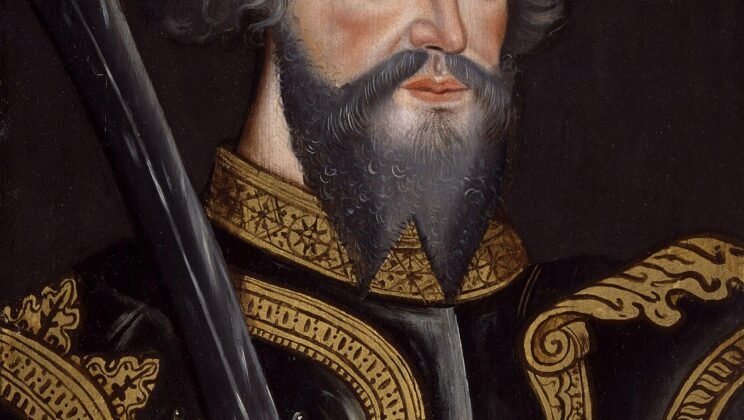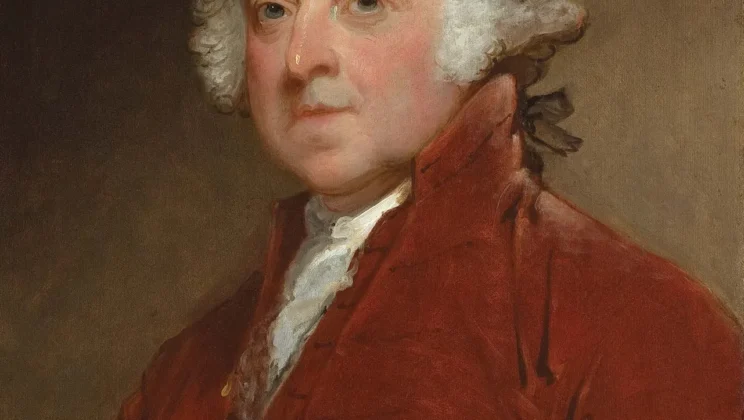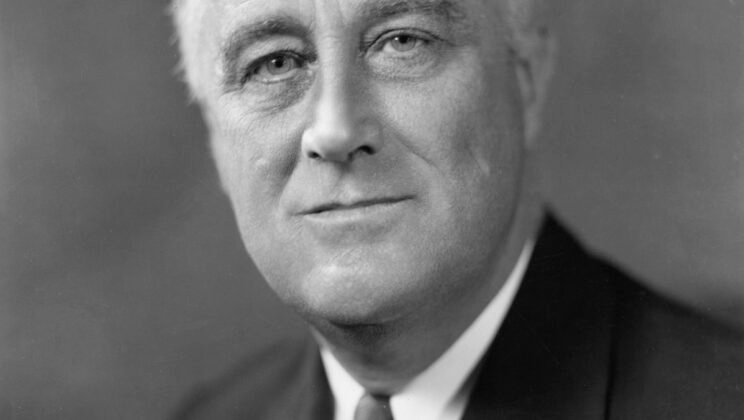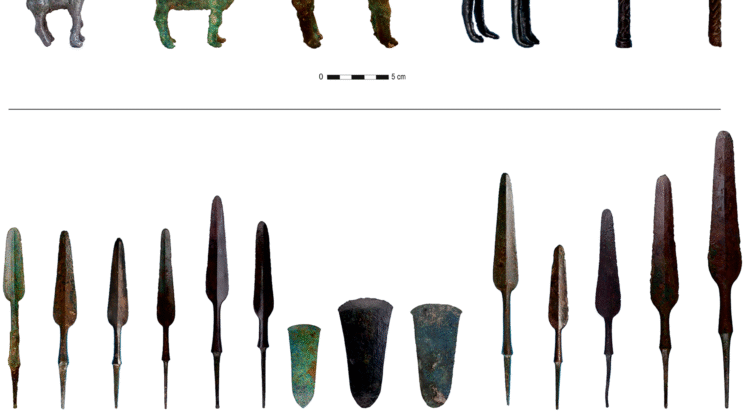William the Conqueror (c. 1028–1087) was the first Norman King of England, reigning from 1066…
Category: Historical Figures
John Adams
John Adams (1735–1826) was a key Founding Father and the second President of the United…
Franklin D. Roosevelt
Franklin D. Roosevelt (1882–1945), often referred to as FDR, was the 32nd President of the…
Sigmund Freud
Sigmund Freud (1856–1939) was an Austrian neurologist and the founder of psychoanalysis, a revolutionary theory…
Julius Caesar
Julius Caesar (100–44 BCE) was a Roman general, statesman, and pivotal figure in the transition…
Joseph Stalin
Joseph Stalin (1878–1953) was a Soviet political leader who served as the General Secretary of…
James Watson
James Watson (born 1928) is an American molecular biologist, geneticist, and zoologist, best known for…
Isabella I of Castile
Isabella I of Castile (1451-1504) was a powerful and influential queen who, along with her…
Thomas Jefferson
Thomas Jefferson (1743-1826) was an American statesman, diplomat, and Founding Father who served as the…
Hernán Cortés
Hernán Cortés (1485–1547) was a Spanish conquistador best known for leading the expedition that resulted…
Francisco Pizarro
Francisco Pizarro (c. 1475–1541) was a Spanish conquistador known for leading the expedition that ultimately…
Nicolaus Otto
Nicolaus Otto (1832–1891) was a German engineer and inventor best known for developing the first…
Joseph Lister
Joseph Lister (1827–1912) was a British surgeon and pioneer of antiseptic surgery, whose work revolutionized…
Gregor Mendel
Gregor Mendel (1822-1884) was an Austrian scientist and Augustinian friar whose experiments with pea plants…
John Calvin
John Calvin (1509-1564) was a seminal figure in the Protestant Reformation and the principal architect…
Max Planck
Max Planck (1858–1947) was a German theoretical physicist who is widely regarded as the father…
Ernest Rutherford
Ernest Rutherford (1871–1937) was a New Zealand-born physicist, often referred to as the “father of…
William Harvey
William Harvey (1578–1657) was an English physician whose groundbreaking work fundamentally transformed the understanding of…
Augustine of Hippo
Augustine of Hippo (354–430 AD) was a profound Christian theologian and philosopher whose ideas have…
Ashoka
Ashoka the Great (c. 304–232 BCE) was one of ancient India’s most renowned emperors, ruling…







